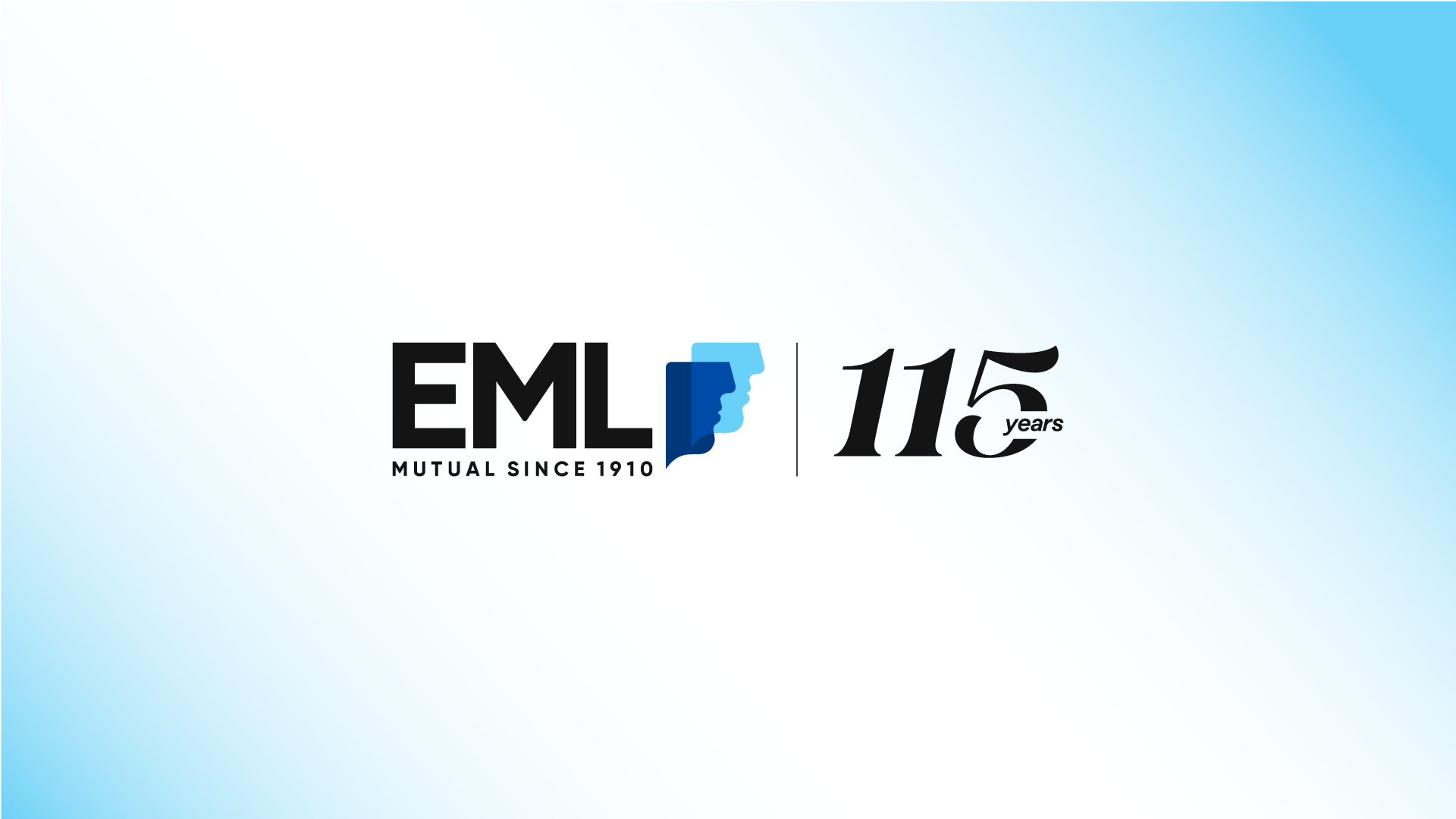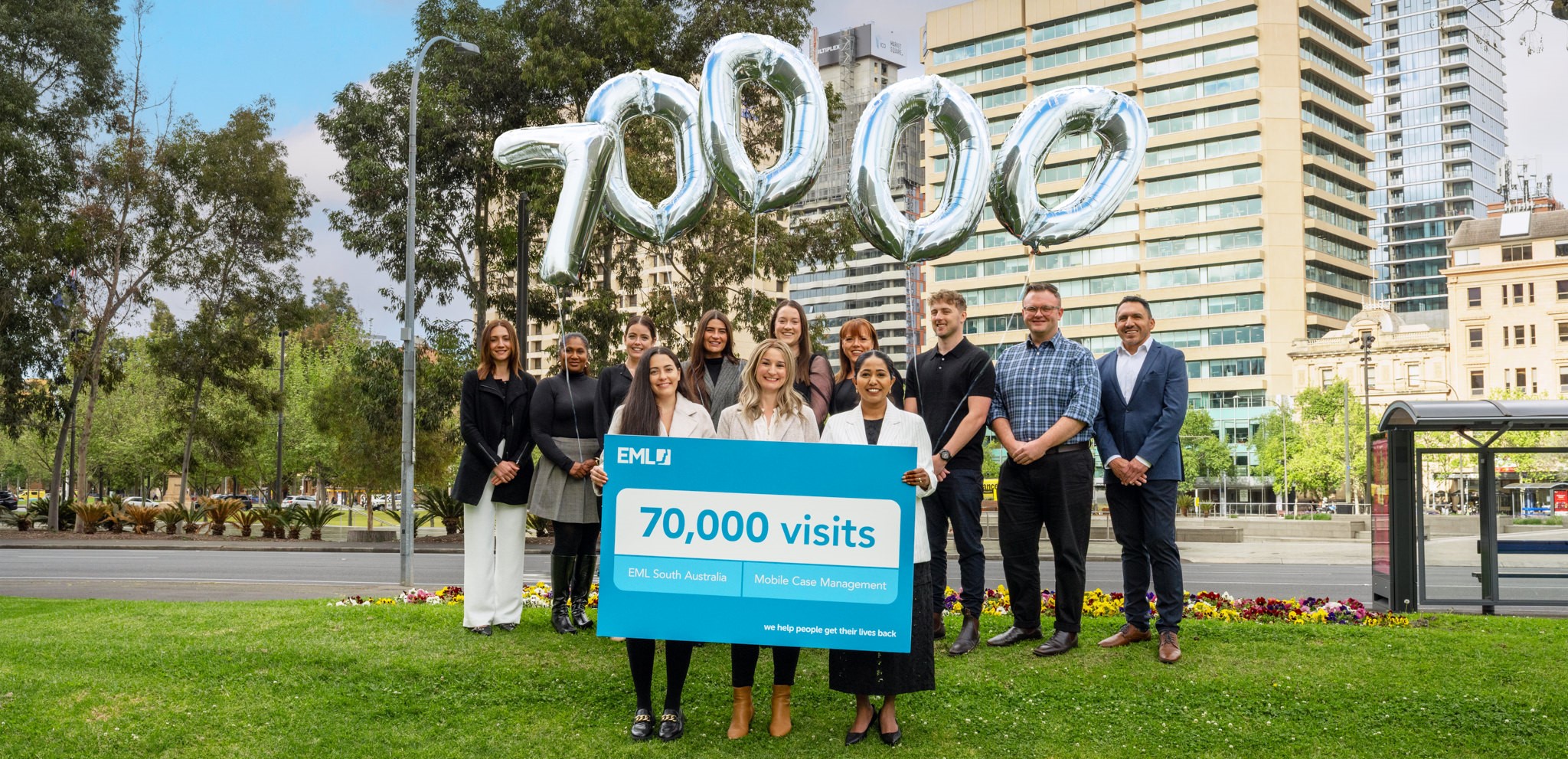Handling workplace injuries can be challenging, but we’re here to help.
We’ve supported thousands of employers across Victoria in managing claims and helping their teams return to work.
This page explains how to start a claim and ensure your workers get the right care and support during the process. If you need guidance, contact us in the best way for you.

Has your worker incurred an injury or illness?

Whether it is physical or mental, your worker’s wellbeing is everyone’s responsibility, and care and support is crucial.
Has your worker had medical treatment for the injury or illness?
Does the injury or illness require medical attention?
This is your priority. Urge or organise your worker to make a visit to a practitioner or hospital as required for treatment as soon as possible.

We suggest you offer to support the injured worker at the appointment, with their approval or ask if there is a suitable person they would like to take or contact.
Have you notified WorkSafe Victoria of the injury, illness or incident?

Under OHS laws, WorkSafe Victoria requires for employers to notify about serious injuries, health and safety incidents, and workplace fatalities.
You must report serious injuries to WorkSafe Victoria.
Are you notifying WorkSafe Victoria of a serious injury or illness?

Under OHS laws, WorkSafe Victoria requires for employers to notify about serious injuries and illnesses.
If you know the injury or illness is serious and notifiable, call 13 23 60 now to advise WorkSafe Victoria.
If you are not sure, call anyway, or head to the WorkSafe Victoria Website to understand more.

WorkSafe Victoria will provide you with an online incident notification form to fill out to complete registering the injury or illness.
If there is no injury or illness to a worker, you do not need to enter the EML claims process, though WorkSafe Victoria may need to be notified for workplace fatalities, and health and safety incidents.
Head to the WorkSafe Victoria Website to understand more.

EML supports WorkSafe Victoria in the identification of near misses and other incidents to improve the workplace and prevent future injuries and incidents.
Once you have notified WorkSafe Victoria, you will receive an email link to complete an online incident notification form on myWorkSafe .
Fill out the form and submit online. You will receive a confirmation email on submission.

You must complete this form within 48 hours of the incident.
You
must keep a record of this incident notification form for five
years.
Has the injury, illness or incident been recorded in your workplace's Register of Injuries?

Work-related injuries and illnesses must be recorded in your
workplace’s Register of Injuries.
The worker (or someone on their behalf) should complete the
Register of Injuries.
Advise or inform your worker (or someone acting on their behalf)
of the need to fill out a Register of Injuries form.
Provide confirmation to your worker once received and return a
copy to the injured worker.

Employers must keep a Register of Injuries at each workplace,
for workers to record any workplace injury or illness.
A
template
is available on the WorkSafe website if required.
Reporting and reviewing injuries minimises workplace incidents and can reduce your insurance premiums.

More importantly, developing a safety culture demonstrates care for your workers health and wellbeing and makes your organisation a good place to work.
If your worker has sought medical treatment, they have the right to lodge a workers compensation claim.
Has your worker already lodged a claim for this injury or illness?
Does your worker want to lodge a claim for compensation of either medical expenses, or for weekly workers compensation payments?

Encourage your worker to lodge a notification to you within 30 days of the injury or illness, and ensure they have sufficient medical evidence such as a certificate of capacity to support their claim.
While you may encourage and help your worker understand their right to claim, the choice is theirs.
Encourage your worker to log on to myWorkSafe website and fill out the online Workers injury form.
Once complete, you will receive an email notification to complete the employer sections of the form to complete the claim.

Not sure? By law, if your worker gives you a Worker’s injury claim form, you cannot refuse to take the form from your injured worker.
Have you already filled out the employer sections of the Workers injury claim form and submitted them?
You should receive an email notification and be able to access your workers claim by myWorkSafe to complete the employer sections.
Is the claim for a mental injury or including a mental injury?

Received a printed or emailed Workers injury claim form
instead of through
myWorkSafe ?
You can upload the claim form into
myWorkSafe
to complete online or use EML contact options below to send to
us.
Call WorkSafe Advisory on
1800 136 089
if still unsure.
For a mental injury claim, or a claim including mental injury, you must complete and submit Part A of the Workers Injury claim form within three business days of receiving it.

This is to ensure early support is provided to your worker
regardless of whether the claim is accepted or not.
A penalty applies if the claim is not lodged on time.
For a mental injury claim, or a claim including mental injury, you must complete and submit Part B of the Workers Injury claim form within 10 calendar days of receiving Part A.

This is to ensure early support is provided to your worker
regardless of whether the claim is accepted or not.
A penalty applies if the claim is not lodged on time.
For a physical injury claim, you must complete and submit Part A and Part B of the Workers injury claim form within 10 calendar days of receiving Part A.

This is to ensure early support is provided to your worker
regardless of whether the claim is accepted or not.
A penalty applies if the claim is not lodged on time.
If your worker is claiming for weekly payments (money paid for time off work), or cannot do their pre-injury work, a certificate of capacity is required.
Is your worker claiming for this?

A certificate of capacity must be obtained from your workers treating health practitioner.
Ensure your worker has provided a certificate of capacity for you to send with the Workers injury claim form and have it available when you submit.

A certificate of capacity must be obtained from your workers treating health practitioner.
You should also complete and submit an Employer Injury Claim report, though this is optional.

This report gives you an opportunity to cover any of your queries such as liability for the claim.
Send the completed Workers injury claim form, Employer injury claim report, and a certificate of capacity (if required), to complete the claim.
EML will acknowledge receipt of the paperwork via email.

Each claim is different and other information such as incident reports, scans, medical bills, medical reports, job descriptions and return-to-work plans may be added to support the claim.
Talk to your worker regularly and check in on their recovery and their readiness to return to work.

Your employee may be going through a difficult time.
Communication breakdown is a major reason that return to
work is delayed or doesn’t happen at all.
After the claim has been submitted, EML will contact both the worker and employer within five days and may ask for more information from you.

Your claim is assessed by our dedicated team at EML as to whether it is eligible for workers compensation in line with the legislation.
If there are no further queries, EML will let you know the claim has been accepted.
If further queries or investigation is required, a claim decision may take up to 28 days.

A case manager will be assigned within three business days of accepting a claim to support your workers recovery.
When an injury happens you want to feel prepared in supporting your employee. Here you can find useful resources to support the process.
This checklist can be used either online or as a print out and help you when preparing to speak to your worker’s Doctor.
Learn more about the early stages of the claim process and what you can expect.
Being prepared to help your worker return to work is an important part of the claims process. This RTW template from WorkSafe will help you get started.






Browse our training across workers compensation, health and safety, return to work and mental health.
Browse our training across workers compensation, health and safety, return to work and mental health.
Browse our training across workers compensation, health and safety, return to work and mental health.
Browse our training across workers compensation, health and safety, return to work and mental health.
Contact for all new claims
Lorem ipsum dolor sit amet, consectetur adipiscing elit, sed do eiusmod tempor incididunt ut labore et dolore magna aliqua.
The EML Group is made up of a group of companies owned and operated by a partnership between Employers Mutual Limited & The Trustee For ASWIG Management Trust ABN 23 923 166 503, to find out more information about the EML Group click here.